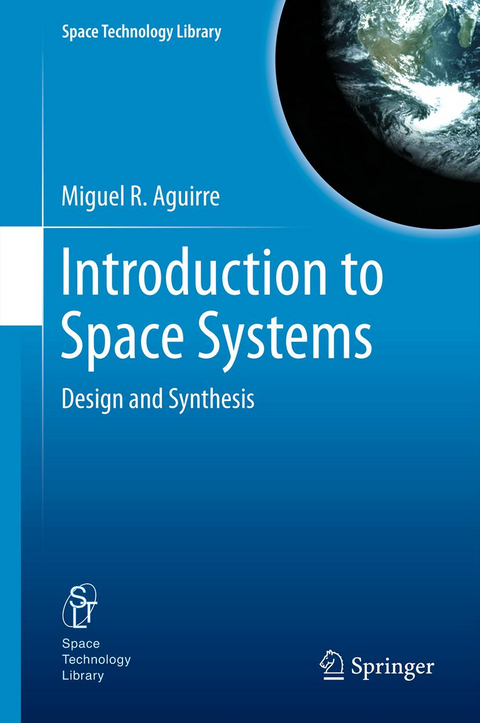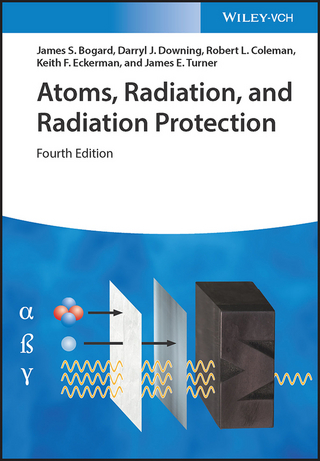
Introduction to Space Systems
Springer-Verlag New York Inc.
978-1-4899-8915-4 (ISBN)
Introduction to Space Systems is divided into two parts. The first part analyzes the process of space system design in an abstract way. The second part of the book focuses on concrete aspects of the space system design process. It concentrates on interactions between design decisions and uses past design examples to illustrate these interactions. The idea is for the reader to acquire a good insight in what is a good design by analyzing these past designs.
Miguel A. Aguirre Cid received a Masters in Aerospace Engineering from the Polytechnic University of Madrid. He started working in the field of space mechanisms; first for the Spanish company Sener and then later for the European Space Agency. Since 1990, the author has worked in the preliminary design of space missions in the ‘Future Missions Division’ of the Earth Observation Directorate of the European Space Agency. During this time, Aguirre has designed a variety of space missions both related to pure Earth science and to Earth-related operational applications.
Chapter 1: Introduction.- Chapter 2: Space Disciplines.- Chapter 3: Requirements, Specifications, and Design.- Chapter 4: Constraints and Design.- Chapter 5: System Design as a Synchronic Process.- Chapter 6: System Definition as a Diachronic Process.- Chapter 7: Introduction to the Design Domains.- Chapter 8: The Observables and Instruments Domain.- Chapter 9: The Orbit and Attitude Domain.- Chapter 10: The Satellite Configuration Domain.- Chapter 11: The Operational Data Flow Domain.- Chapter 12: The Instrument Output Data Flow Domain.- Chapter 13: Space Missions Cost and Alternative Design Approaches.- Index.
| Erscheint lt. Verlag | 19.9.2014 |
|---|---|
| Reihe/Serie | Space Technology Library ; 27 |
| Zusatzinfo | XXX, 482 p. |
| Verlagsort | New York |
| Sprache | englisch |
| Maße | 155 x 235 mm |
| Themenwelt | Naturwissenschaften ► Physik / Astronomie ► Angewandte Physik |
| Technik ► Fahrzeugbau / Schiffbau | |
| Technik ► Luft- / Raumfahrttechnik | |
| Schlagworte | Orbit domain • Satellite configuration domain • Satellite Technology • Space disciplines • Space mission cost • Space system design • System design • Systems Architecture • Systems Sciences |
| ISBN-10 | 1-4899-8915-3 / 1489989153 |
| ISBN-13 | 978-1-4899-8915-4 / 9781489989154 |
| Zustand | Neuware |
| Haben Sie eine Frage zum Produkt? |
aus dem Bereich


